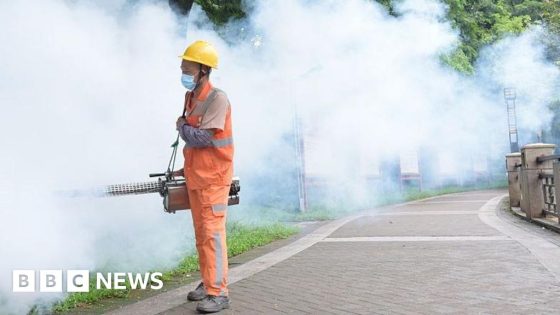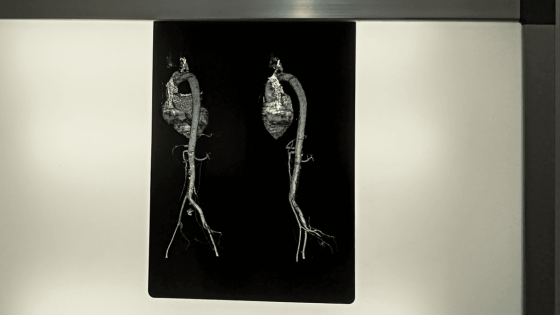Chikungunya, a mosquito-borne virus, has surged in China’s Guangdong province, with over 7,000 cases reported since July 2025-08-05 11:18:00. This alarming outbreak has prompted health officials to implement measures reminiscent of the Covid-19 pandemic.
- Over 7,000 chikungunya cases reported in Guangdong.
- Foshan city implementing strict hospital measures.
- Symptoms include fever and severe joint pain.
- Authorities urging removal of stagnant water.
- US advises increased caution for travelers.
- Chikungunya outbreaks common in South Asia.
Foshan city, the hardest hit, has mandated that chikungunya patients remain hospitalized under protective mosquito nets. The virus, primarily spread through mosquito bites, leads to fever and debilitating joint pain, sometimes lasting for years.
The rapid increase in chikungunya cases raises concerns about public health response. With nearly 3,000 infections reported in just one week, how can residents protect themselves? Here are some recommendations:
- Eliminate stagnant water sources around your home.
- Wear protective clothing and use mosquito repellent.
- Seek medical care if you experience fever or joint pain.
As the situation evolves, staying informed and proactive is essential. By taking preventive measures, we can help curb the spread of chikungunya and protect our communities.
































